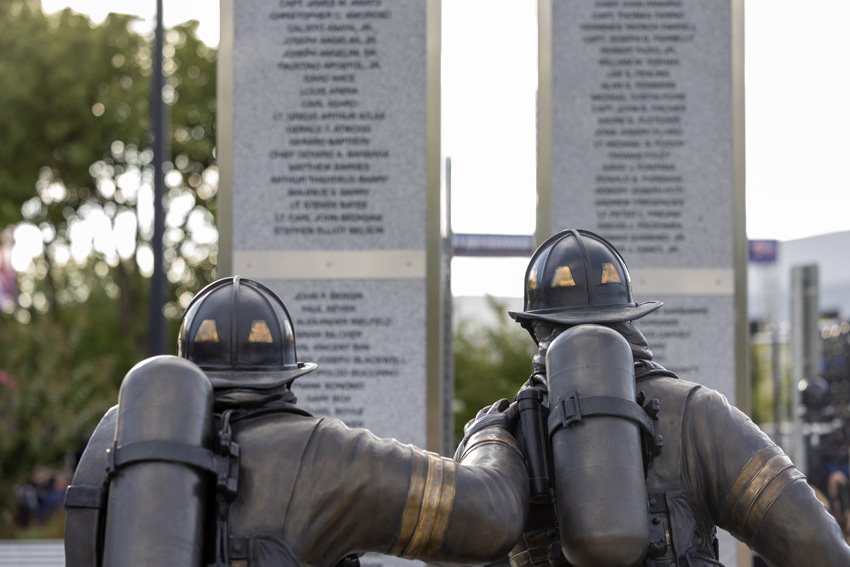[media-credit id=173 align=”alignright” width=”300″] [/media-credit]
[/media-credit]
With the crazy schedules high schoolers have, its often difficult to find a resting period in between the week or even the weekend. Some only survive on the minimum amount and therefore struggle to survive throughout the rest of the next day.
This is not just a problem at one school, but everywhere, including all genders and ages. Sometimes the problem can be so severe that doctors will diagnose patients with insomnia. This medical condition can be triggered by stress, bad habits or even another medical issue.
According to WebMD, the approximate amount of sleep, based on age, for teenagers on average is about 8.5 to 9.5 hours. Now that is based on the fact that these teenagers have been getting a right amount of sleep previously.
The human body needs to replenish itself each day in order to function. If a person is not getting the right amount of sleep he/she’s body will need to get additional amount of hours according to the ones they missed.
Along the line of sleep deprivation, symptoms can cause memory problems, depression, weakening of an immune system and increase of pain. The lack of sleep can trigger many emotional problems and bodily hazards.
Sleeping in a cold environment provides an easier temperature drop in the body, making it easier to fall asleep. Bodies will usually drop in temperature when a person doses off.
Senior Nick Morrison describes his sleep during the week at best okay. Most of the time he is either on his phone at night or doing homework.
“Usually I get distracted on my phone and then the time kind of flies by,” Morrison said. “I kind of feel that I get the most sleep when I don’t have my phone on at night, but that doesn’t really happen too much. Besides that I don’t feel that tired in the morning and I can wake up pretty easily.”
Many times students will sleep with their devices causing them to get distracted with sounds or bright lights, preventing sleep. WebMD recommends that individuals should turn off electronics and try to stick to a schedule for going to bed and waking up, whether it is a weekday or the weekend.
Sophomore Trevor Trevino agrees that sleep is important to survive during the hectic week. Even with that, he still has trouble initially falling asleep.
“Most of time I feel rested, but sometimes it’s hard to actually fall asleep,” Trevino said. “With such a crazy week sometimes I just sleep the most on the weekends.”
Brooke Wood struggles to find the time to sleep. With a busy schedule she finds it easier sometimes sleeping the most on breaks or the weekends.
“I get like 6 hours of sleep,” Wood said. “I’m always tired and school is always so time consuming that I don’t usually have time to sleep a lot during the week. I basically hibernate during the breaks or summer vacation.”
Senior Andrew Hindes sleep routine is similar to Woode’s. Sleeping the most on the weekend helps restore his body of sleep deprived days during the week.
“On the weekend I usually wake up around 2 p.m., with about 12 hours of sleep,” Hindes said. “But on the week days I get about half that. On the weekdays it is a lot harder to wake up in the morning and it’s often a struggle. On the weekday I will press snooze for an average of 45 minutes to an hour.”
Junior Emmaline Krohn, tries to get the most amount of sleep during the week as possible. She finds that it helps her pay attention in class and during the day.
“Well I have track practice after the school day is over and I’m usually already tired from the day to day activities, so I try to finish my homework and go to bed. Most people are om their phone at night, but I think that it’s better to just turn off all your electronics so that you can actually fall asleep.”
Follow The Feather via Twitter and Instagram: @thefeather and @thefeatheronline. This writer can be reached via Twitter: @rynnking_.
For more features, read the Jan. 9 article, January, thank you month: Join the Discussion.






